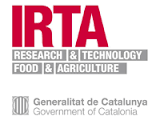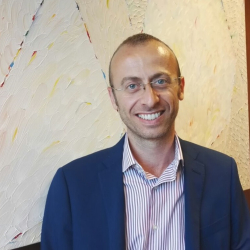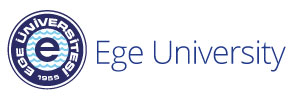ABOUT US




The dairy market in Mediterranean countries is substantially different from in east/north European countries. In the Mediterranean area, cow´s milk is mainly transformed to UHT milk and yogurts, but the other dairy products (principally ewe, but also goat and buffalo´s milk), are processed and transformed into cheeses (Manchego, Pecorino, Beyaz Peynir, Mozarella, Feta). The milk production is scattered, with smaller dairies than in east/north European countries. Moreover, some territories are marine islands, which increase the transport difficulties for milk and whey. Smaller dairies and fragmented milk production result in smaller and less automatized factories, and in a minor whey valorisation, which is destined mainly to feed, or even discharged to rivers. With these circumstances, dairies have a low competitive behavior, and they are unable to pay appropriately to dairy farmers. The proposed innovation of DAINME-SME is focused on sustainability, valorization of by-products, and reducing the environmental impact of dairy companies. This is quite important because almost all do not properly consider the benefits deriving from a better valorization of milk and whey on their business. The proposal seeks the validation of new technologies and strategies to improve the dairy value chain, producing new products and promoting the use of traditional by-products into high-value and nutritional products, with technologies that are scalable and reliable. The partnership of the proposal covers the key players on the dairy chain, including technology providers and dairies that are already working in the whey valorization. Different National Food Federations will be in charge of the diffusion of the results. All innovations and development are aimed to be more economical, compared with actual systems. Moreover, a consultant company specialized in agri-food studios will ensure the economic viability of all new processes. Communication and marketing strategies will be led by SME associations (National Food Industry Associations).







.JPG)




